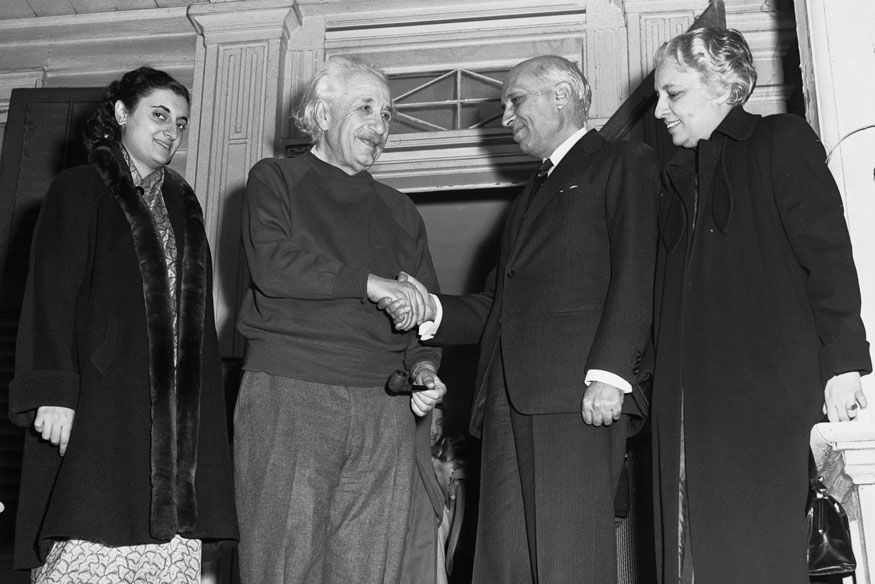On Albert Einstein’s birth anniversary, we bring you some of his rare and unseen pictures from our photo archives. Take a look at the pictures…



“Back To the Future” fans will swoon over this ‘DeLorean’ hovercraft. 🆒.
Engineers want the Hong Kong-Zhuhai-Macau Bridge to last 120 years… And it just might. (via Seeker)


It’s not difficult to verify whether a new piece of information is accurate; however, most people don’t take that step before sharing it on social media, regardless of age, social class or gender, a new Ohio University study has found.
A new study conducted by Ohio University professor Dr. M. Laeeq Khan found that several factors can be used to predict someone’s ability to detect misinformation, otherwise known as “fake news,” on social media. Additionally, the study found that, by looking at certain factors, it is also possible to predict if someone is likely to share misinformation based on the same factors.
The study, titled “Recognise misinformation and verify before sharing: a reasoned action and information literacy perspective,” was published in the journal Behaviour and Information Technology.



